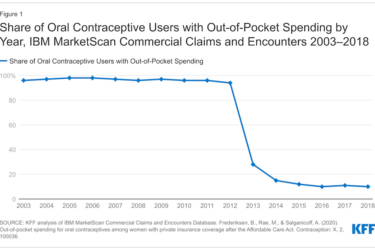
Almost every day there is news about the strategies employers are using as they prepare for the Affordable Care Act. Wednesday was a good example. The National Business Group on Health (NBGH) reported that health care costs for its members – large employers – would rise by 7 percent next year, as Helen Adamopoulos wrote at Becker’s Hospital Review. That means 2014 will be the third straight year of 7 percent increases, said NBGH president and chief executive officer Helen Darling.
Just as the Kaiser Family Foundation/Health Research & Educational Trust survey showed last week, the NBGH results demonstrate that employers are shifting more responsibility and costs to workers and families.
Jerry Geisel at Business Insurance via Modern Healthcare pointed out that 22 percent of employers responding to the NBGH survey said they will offer only a consumer-directed health plan (CDHP) next year. “More large employers are reducing the type of health care plans they offer as they try to keep better control of their costs, according to a survey released Wednesday,” he wrote.
In an article for Kaiser Health News, Jay Hancock led with the fact that NBGH’s large employer members are considering moving retirees and part-time workers into health insurance exchanges created under the Affordable Care Act.
Among respondents to the survey, only 1 percent said they were planning to move active workers to private exchanges next year but 30 percent were considering doing so in 2015 or later. Also, 10 percent of respondents said they were considering moving retirees to private exchanges this year, 7 percent were considering this option for next year, and 40 percent were considering doing so for 2015 or later. Note that the survey was done before the Obama administration decided to delay the employer mandate until 2015.
According to Darling, while employers are shifting costs to workers, they are committed to providing health care insurance to workers. Three percent of respondents were considering eliminating health care coverage for all workers and paying the penalty under the ACA. The penalty ranges from $2,000 to $3,000 per employee.
One last, interesting result from the survey was an analysis of the respondents’ most effective cost-control strategies. In order or effectiveness, they are: CDHPs, increased employee cost-sharing and wellness initiatives to improve employee health.
Although the survey sample size was small (108 respondents out of 265 member companies), NBGH represents the nation’s largest employers, providing insurance coverage to more than 50 million workers, retirees, and family members. Among survey respondents, 78 percent employ more than 10,000 workers.









